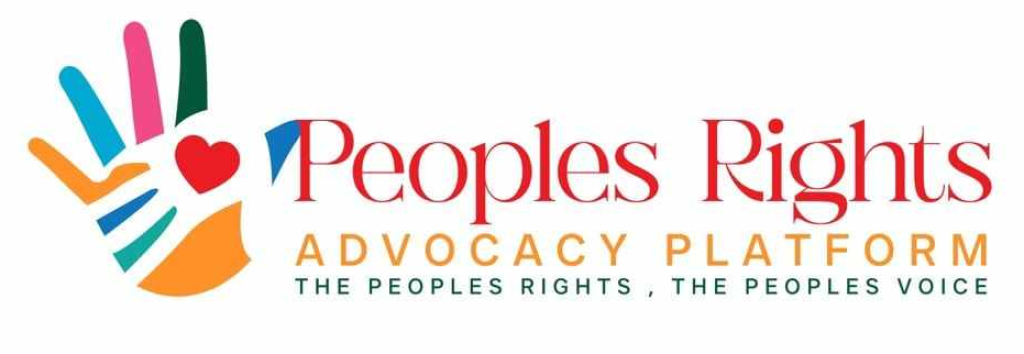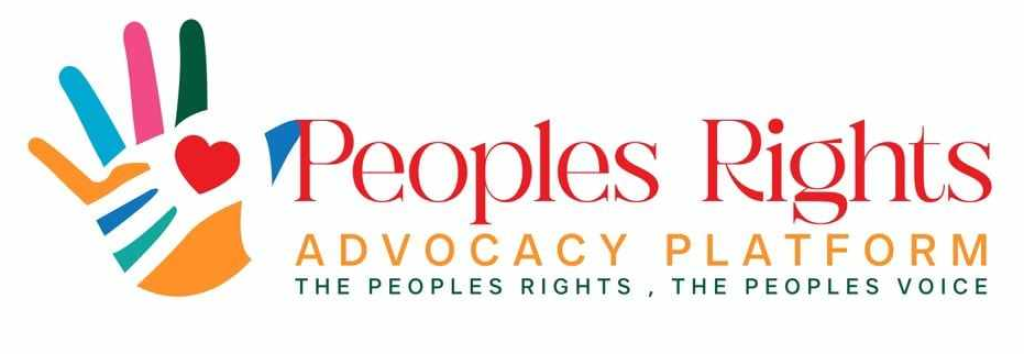Cameroon’s High-Ranking Officials and Military Separatist Commanders Exposed in
Kidnapping and Ransom Syndicate
Overview: A Government-Backed Criminal Enterprise
A whistleblower from Lebialem, former Southern Cameroon, has revealed how Cameroon’s
government officials, military officers and separatist commanders have orchestrated a
massive criminal syndicate involving kidnappings, ransom-taking, and targeted violence and
killings. This scheme is allegedly designed to punish civilians, sustain a war economy, and
enrich top officials.
- Chris Anu’s Warning Ignored
Chris Anu, a key separatist leader publicly exposed the bribery attempts in 2018. He accused
then-interim government leader Sako Ikome of accepting bribes From Cameroon
Development Corporation (CDC), , compromising the separatist cause. This revelation
marked a turning point in the conflict, setting the stage for systemic corruption. - The Syndicate’s Leadership: High-Level Government Involvement
At the helm of this criminal enterprise are high-ranking government officials, including
governors, District Officers (DOs), and military commanders. These individuals allegedly use
their positions of power to establish and control networks of fake separatist fighters, creating
chaos while profiting from illicit activities such as kidnapping for ransom, illegal taxation,
and drug trafficking. - Military Commanders as Key Operators
The whistleblower detailed the direct involvement of military leaders, particularly
commanders of the elite Rapid Intervention Battalion (BIR). These commanders allegedly
supply weapons to fake separatist fighters and oversee operations that extort civilians. The
military’s role in this scheme goes beyond traditional corruption, implicating them in the
deliberate destabilization of communities for personal financial gain. - How Governors Initiated the Syndicate
In 2018, as the government struggled to suppress separatist resistance, governors in the
Northwest and Southwest regions allegedly devised a plan to create a shadow economy.
Board members of the Cameroon Development Corporation (CDC), led by these governors,
facilitated bribes to reduce the intensity of the conflict, allowing time for the government to
re-strategize while enabling corruption to flourish. - DOs as the Syndicate’s Local Kingpins
District Officers (DOs) play a central role in implementing the syndicate’s operations at the
community level. According to the whistleblower, DOs begin by arresting family members of
suspected separatist fighters, holding them for ransom. They then recruit fake separatist
fighters, providing them with weapons to carry out kidnappings, armed robberies, and other
crimes under the guise of resistance. - A System of Ransom and Coercion
Surrendering separatist fighters face a grim fate. Instead of reintegration or amnesty, they are
detained by soldiers and released only after their families pay hefty ransoms. Once freed, they
are coerced into participating in the syndicate to repay these debts. Military personnel arm
these individuals and deploy them to kidnap civilians and extort businesses, ensuring a steady
flow of illicit income. - Corruption Extends to Liberation Taxes
Liberation taxes, initially collected by separatist fighters to fund their struggle, have been
hijacked by corrupt officials and soldiers. Former fighters, now working for the syndicate,
collect these taxes under orders from military commanders and DOs, redirecting funds to the
syndicate instead of the separatist cause. - The Fuel Tax Mafia: A Lucrative Scheme
The syndicate’s criminal activities extend to the fuel industry Using unwarranted load
closures, corrupt separatist commanders,. Cameroon Military commanders and DOs allegedly
oversee a fuel taxation scheme, levying unofficial taxes on every litre of petrol entering
conflict-affected areas. This operation, described by the whistleblower as “simple but
deadly,” generates millions of francs weekly, with proceeds distributed among high-ranking
officials. - Exploiting Businesses for Protection Money
Bars, local businesses, and even drug houses are forced to pay protection money to soldiers
and fake separatist fighters. These extortion schemes further impoverish communities while
enriching syndicate members, including senior military officers and government officials. - The Consequences of a War Economy
The deliberate perpetuation of conflict has turned Cameroon into a breeding ground for
organized crime. High-ranking officials and military leaders benefit from the chaos, creating
a system where war is no longer fought to achieve peace but to sustain their personal
financial interests. Civilians bear the brunt of this strategy, living in fear of abductions,
extortion, and violence. - Evidence of State-Sponsored Criminality
A leaked recording by a BIR commander in Lebialem provides damning evidence of the
syndicate’s structure. The recording implicates military leaders and government officials in a
well-organized system that combines state resources with criminal activities. The commander
described how ransoms are divided, with shares going to DOs, soldiers, and even senior
commanders. - A Call for Justice and Accountability
The revelations from Lebialem demand immediate action. International human rights
organizations, governments, and advocacy groups must investigate Cameroon’s complicity in
this criminal enterprise. High-level officials and military commanders implicated in these
activities must be held accountable for their roles in terrorizing civilians and profiting from
conflict.


